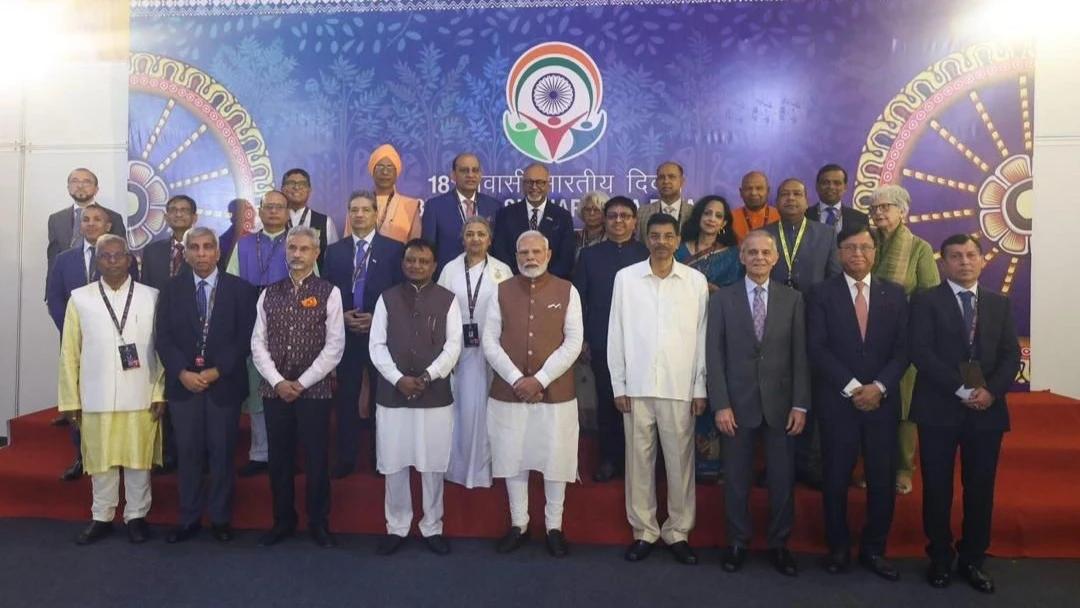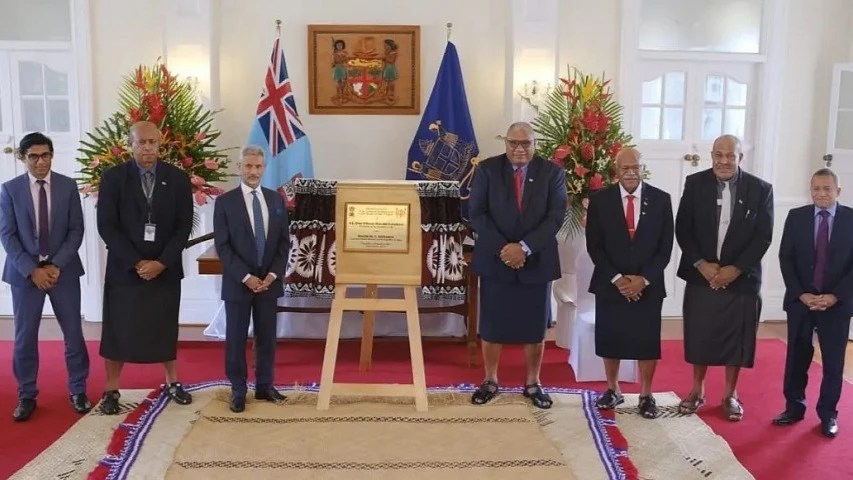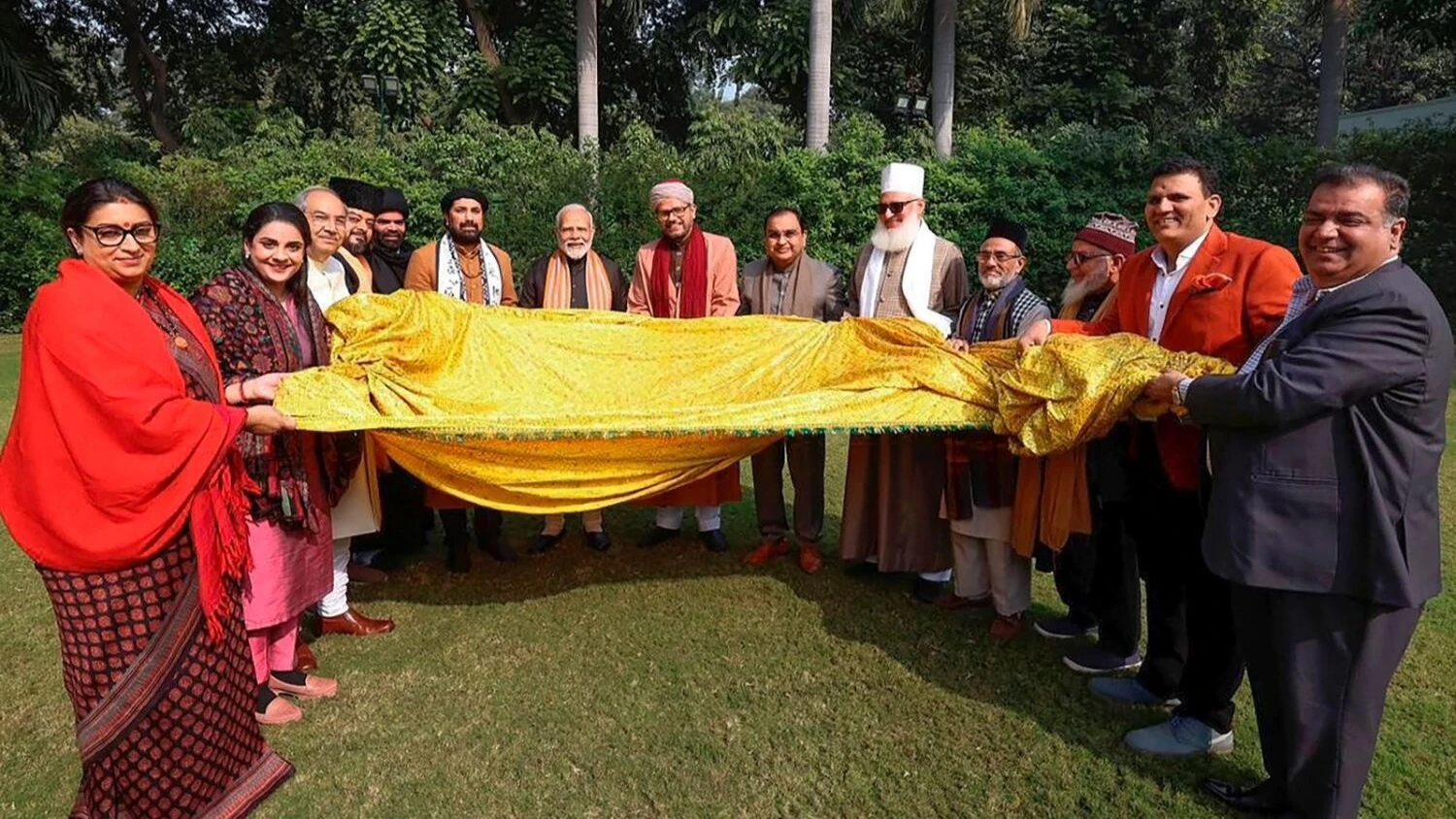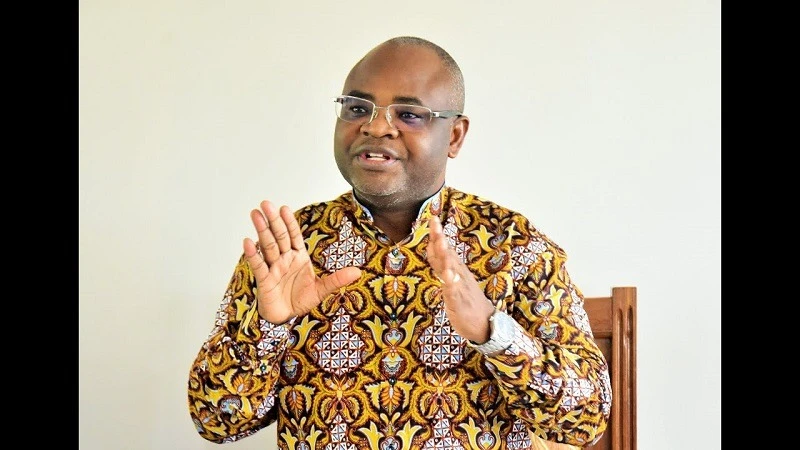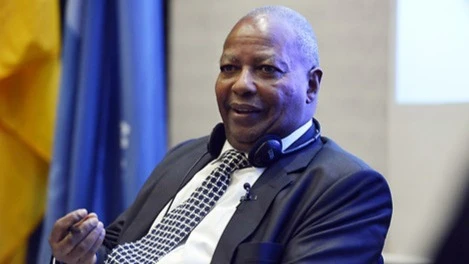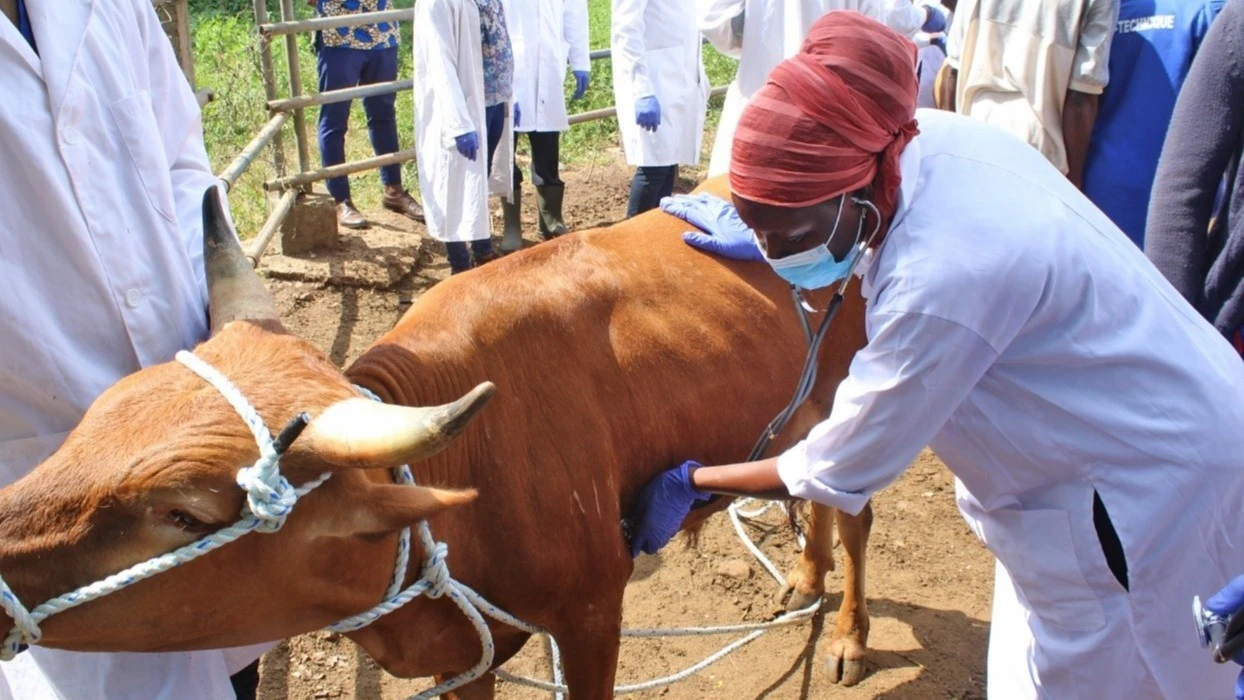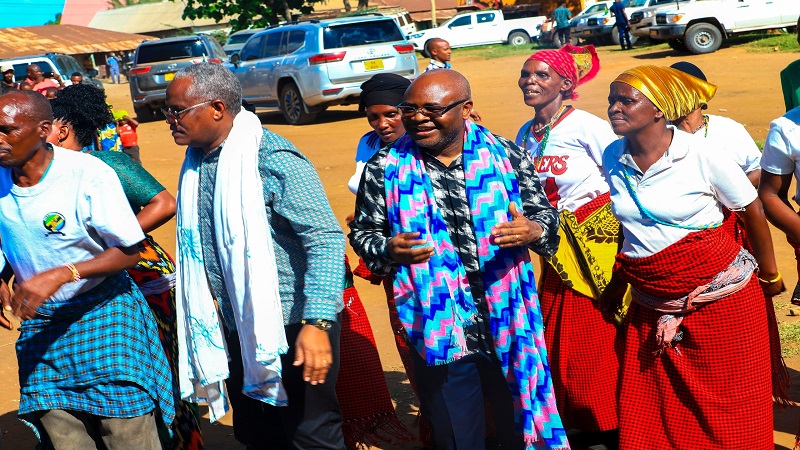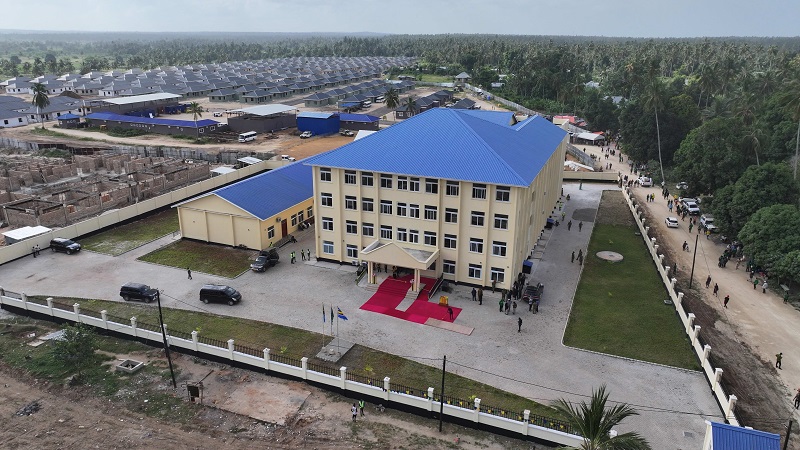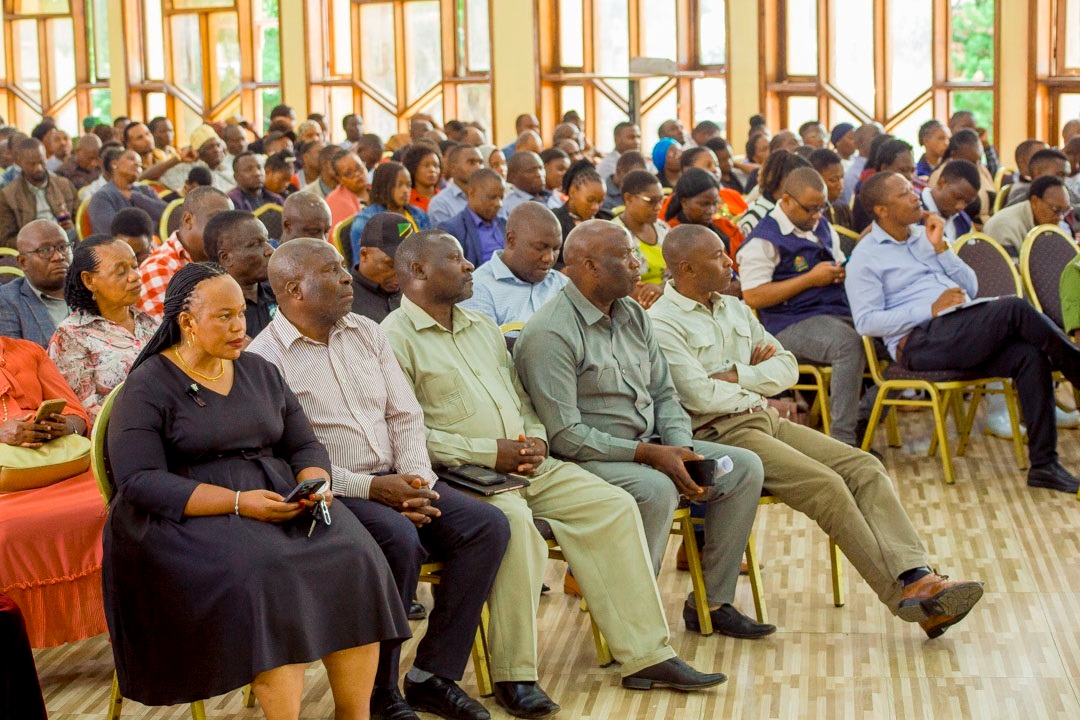Campaigners want endorsement of national action plan to cater for people with albinism

ACTIVISTS and Human Rights bodies have called upon Tanzania to endorse the National Action Plan for people with albinism which still remains a draft.
Speaking to journalists in Arusha at the weekend, the campaigners pointed out that as per the latest 2022 census data, the total number of persons with albinism in Tanzania is 75,000.
Peter Ash, Chief Executive Officer of the Under the Same Sun (UTSS), said the country has seven-times more people with albinism than Kenya, its closest neighbour across the northern border.
UTSS is a non-government organization advocating for the rights of people with albinism in Tanzania.
Ikponwosa Ero, Director of Human Rights Advocacy at UTSS, said the 2019 data indicates that Kenya had around 10,000 people with albinism, but already the country has set aside an annual budget of $1 million to cater for them.
“But Tanzania with eight times the number of persons with albinism is still dragging its feet in endorsing the country’s National Action Plan for persons with albinism,” she said.
“So far there are only seven countries in Africa with their national action plans in place, including Angola which actually came up with its own plan after attending a conference in Tanzania, yet the latter doesn’t have any, at least yet.”
Other countries with National Action Plans for people with albinism are Kenya, Malawi, Togo and Mozambique while the Democratic Republic of Congo and South Africa have theirs stuck in draft stages.
The action plan seeks to see people with albinism and similar skin disorders get state support on education, health, protective gear and employment.
Meanwhile, in a historic development, a lawsuit has been filed against the government of Tanzania concerning a person with albinism.
Brought by applicants including Centre for Human Rights (University of Pretoria), the Legal and Human Rights Centre (LHRC), and the Institute for Human Rights and Development in Africa (IHRDA), the case was heard on September 10 and 11, 2024 at the African Court on Human and Peoples' Rights in Arusha.
The applicants advocate for comprehensive compensation and reparation for survivors of violent attacks against persons with albinism.
They also demand significant improvements in the right to health, particularly in preventing skin cancer and enhanced educational support through provision of essential tools such as monocular to people with albinism.
Additionally, the applicants call for increased government efforts to de-stigmatize albinism and adoption of a national action plan to address protection and discrimination issues.
Top Headlines
© 2025 IPPMEDIA.COM. ALL RIGHTS RESERVED








